
Heriot-Watt University
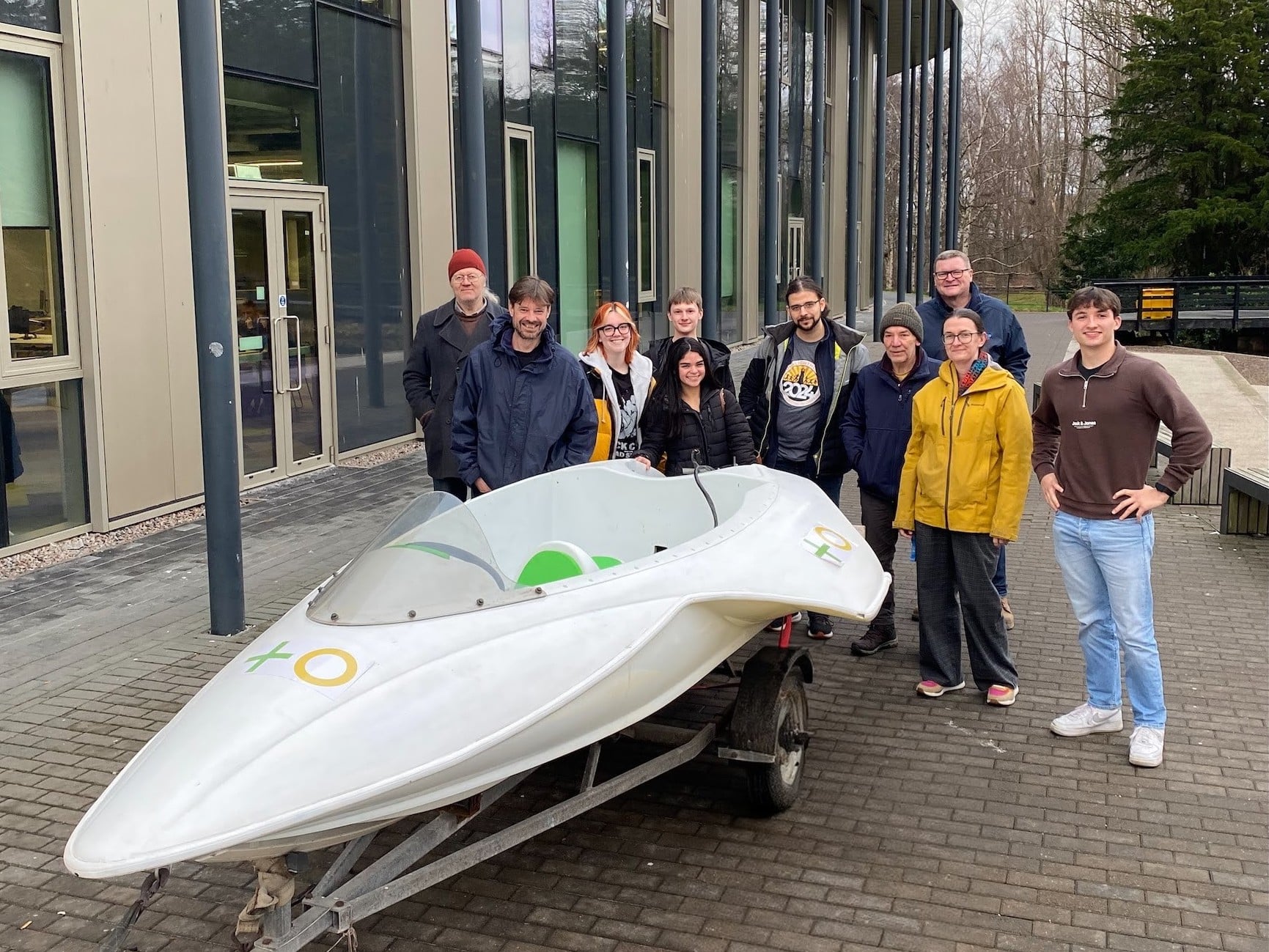
Developing the ‘The Experiment of Leith H2,’ the student team from Heriot-Watt University is a dynamic group of multidisciplinary students passionate about advancing hydrogen applications in transport. The team shares commitment to sustainability and cutting-edge technology, creating a culture of innovation, equipping them to take on the Monaco Energy Boat Challenge. This maiden effort marks a significant milestone, fostering a deeper focus on maritime engineering within the university and inspiring Scotland’s next generation of engineers. The team’s collaborative approach integrates research excellence and practical innovation, emphasizing hydrogen’s potential to revolutionize sustainable maritime transport. Working closely with the iNetZ+ research institute, the team benefits from a flow of research and industrial insights. This partnership ensures the incorporation of leading technologies into their design, pushing the limits of hydrogen-powered vessels while championing a sustainable future for maritime transport.
“The Experiment of Leith H2” is a cutting-edge trimaran designed by Paul Sparrow, dubbed the “Caterham of the Sea” for its robust construction, sharp handling, and highstability. Inspiring the dynamics of the Vital Spark hydrofoil, this innovative vessel brings a new dimension to maritime engineering. Central to the project is its use of solid-state hydrogen storage and recharging technology, developed through Heriot-Watt’s Decarlog project. This advanced system offers higher energy density and safety compared to traditional lithium batteries, operating at low pressures (less than 1 bar) to minimize fire risks and eliminate energy losses over time. Scalable, efficient, and user-friendly, this “Cartridge” technology represents a transformative leap in sustainable maritime transport, aligning with global hydrogen advancements like Toyota’s. The project aims to demonstrate the practicality of hydride technology while challenging conventional hydrogen solutions, paving the way for safer, greener, and more efficient energy use in transportation.

Inocel
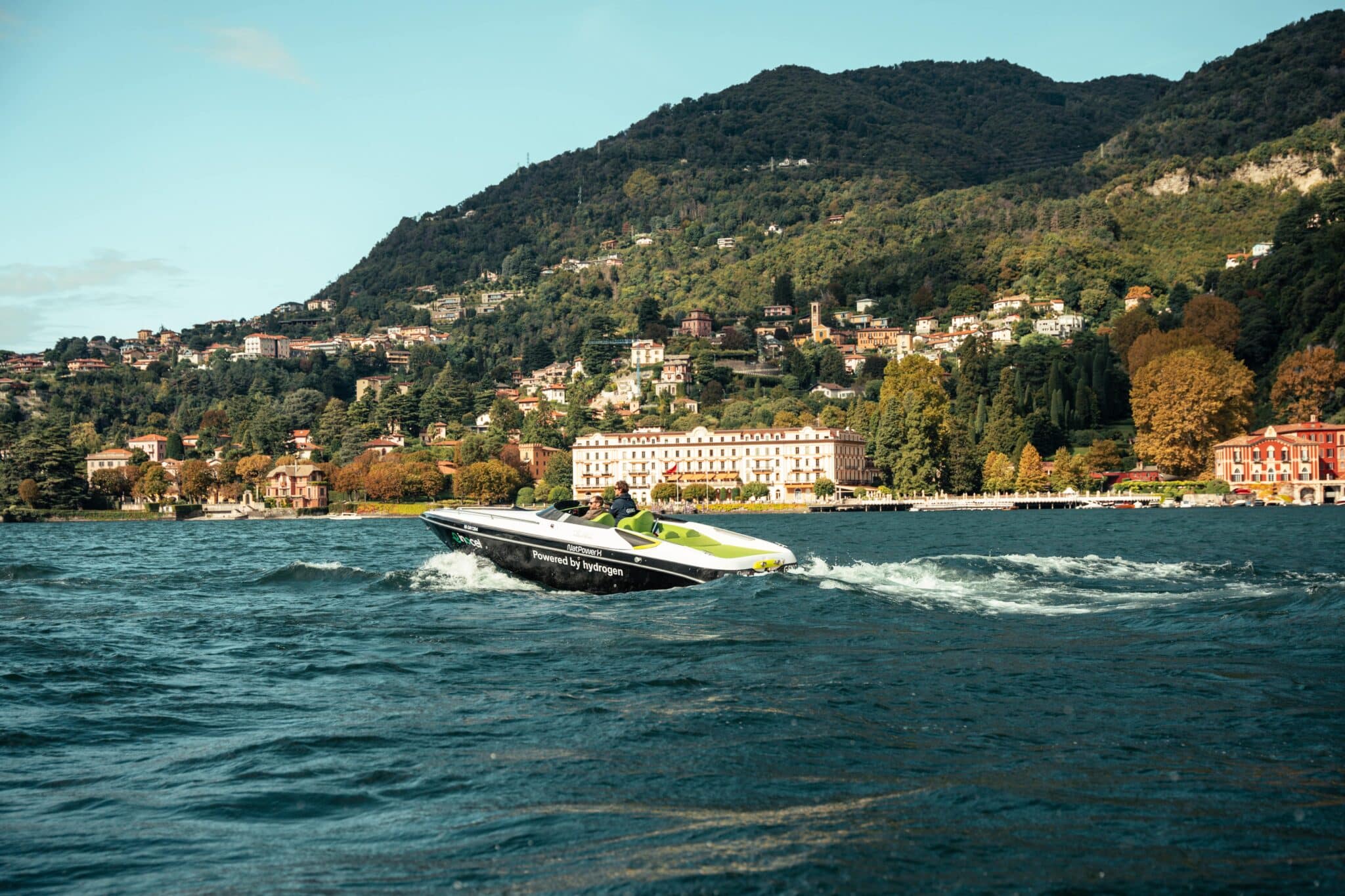
INOCEL developed its first marine demonstrator featuring a propulsion chain integrating a INOCEL fuel cell system. This hydrogen fuel cell boat offers performance and autonomy comparable to its thermal equivalent, demonstrating the potential for a high-power hydrogen world, without making any compromises. With no noise and vibrations, Poseidon is a prime example of how hydrogen fuel cell technology can be leveraged to great effect in the maritime sector.

Alma Mater Studiorum – University of Bologna
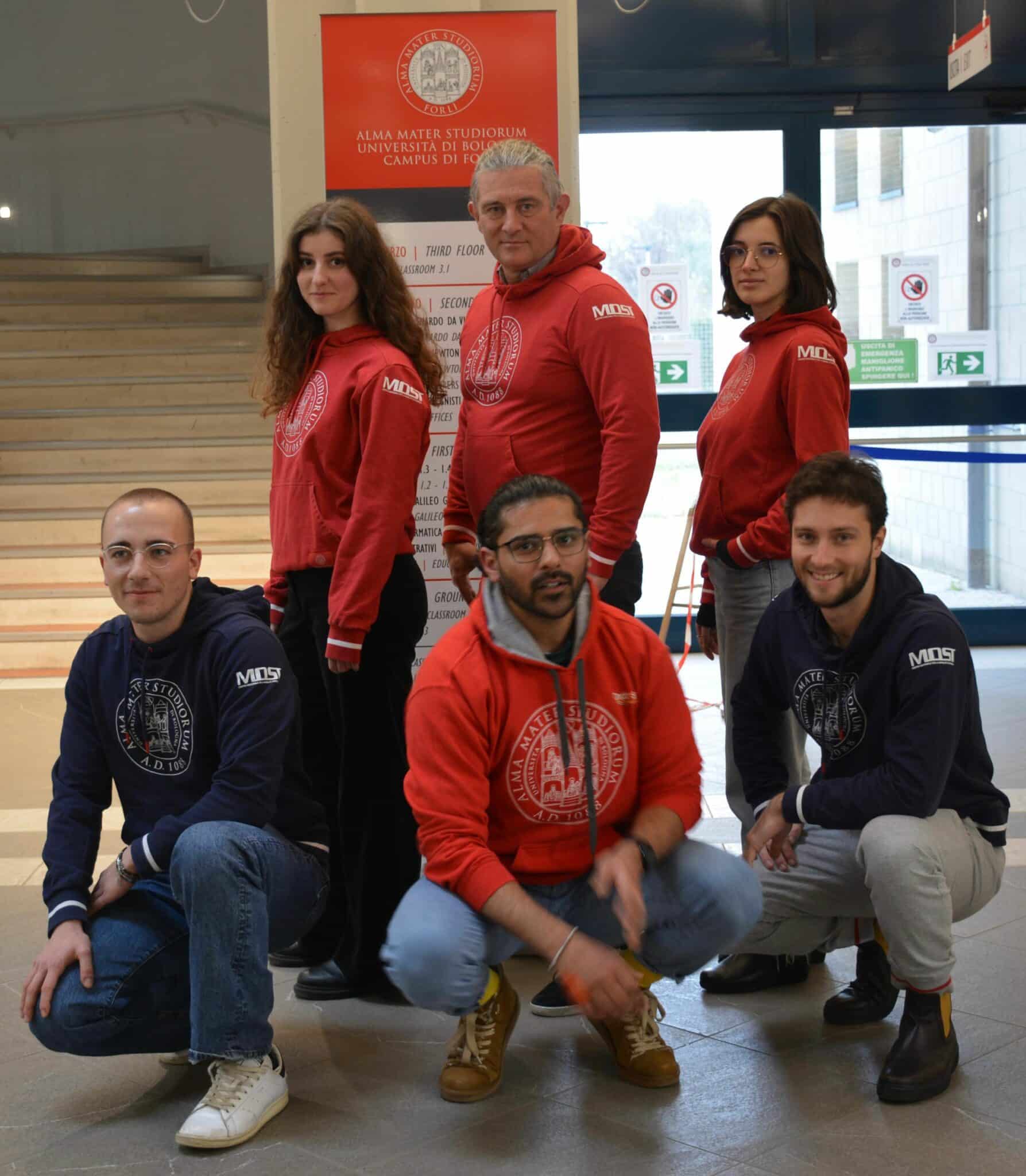
The Red Wave team, established in 2024 within the Department of Industrial Engineering at the University of Bologna, combines passion, innovation and engineering to create concrete solutions with a strong focus on sustainability. This year, we are participating in the competition for the first time, approaching each challenge as an opportunity to innovate. Our goal is to compete in the Sealab category with the Competr engine demonstrator, developing an environmentally friendly, all-electric boat. Every member of the team has given their best effort to make this project ambitious and cutting-edge, helping to grow research in sustainable solutions and improve the field of electric marine mobility.
The project aims to innovate in the field of electric propulsion and environmental sustainability by developing advanced solutions through collaboration with companies and research institutes. The main innovation is the introduction of an axial flow motor, which improves the performance and energy efficiency of the powertrain, used by the Red Wave and Uniboat teams to reduce costs and increase versatility. In addition, the project aims to reduce waste, improve waste management and promote material recycling. Another key objective is the creation of a functional battery box, which will integrate batteries, pumps and inverters, optimising space and efficiency. The electronics are designed by a specialised company, while the dinghy is supplied by another partner. The project combines high performance and sustainability, promoting environmentally sustainable solutions and pushing the adoption of green technologies in the commercial sector.

EPFL
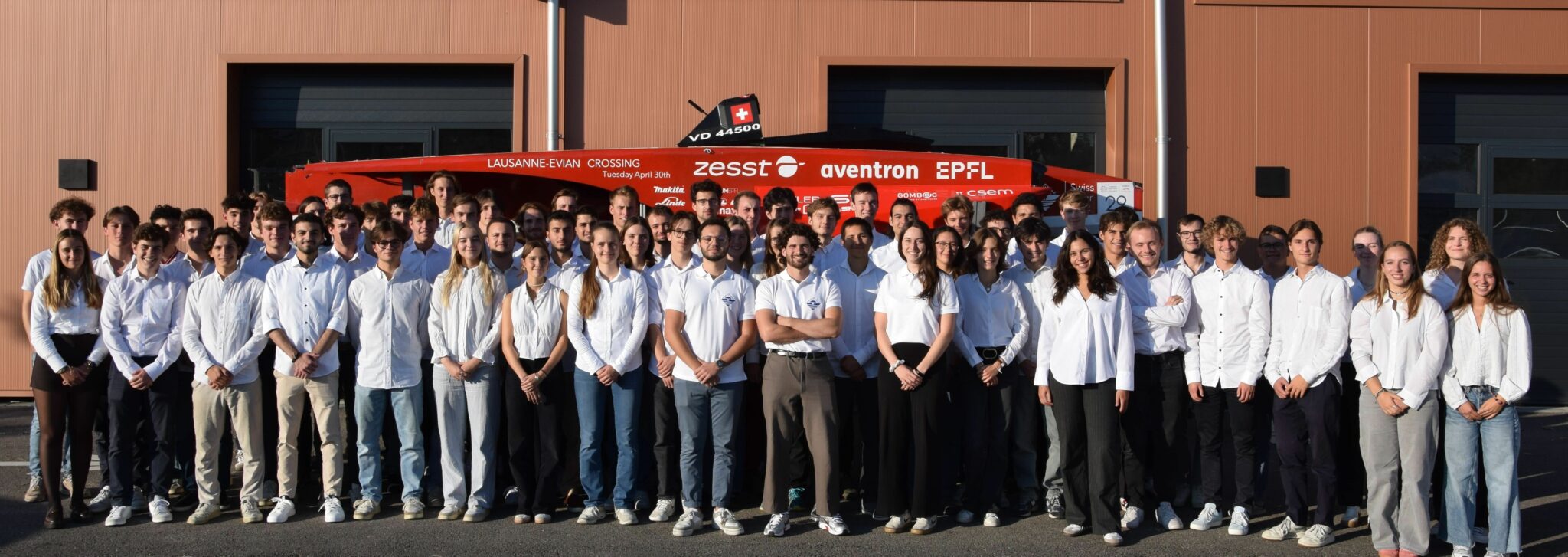
Swiss Solar Boat is a student initiative from EPFL that brings together over 80 students from diverse disciplines. As an educational platform, the team provides hands-on experience in engineering, project management, and sustainable innovation. Our mission is to shape future engineers through collaboration, real-world challenges, and the exploration of renewable energy solutions for the maritime sector.
The Swiss Solar Boat project focuses on the design and construction of advanced hydrofoil boats powered by renewable energies like hydrogen and solar power. By integrating cutting-edge technologies, we aim to push the limits of efficiency and demonstrate the potential of zero-emission maritime mobility. Our primary goal is to inspire innovation and sustainability in marine engineering while showcasing the feasibility of clean energy solutions.

PlusZero
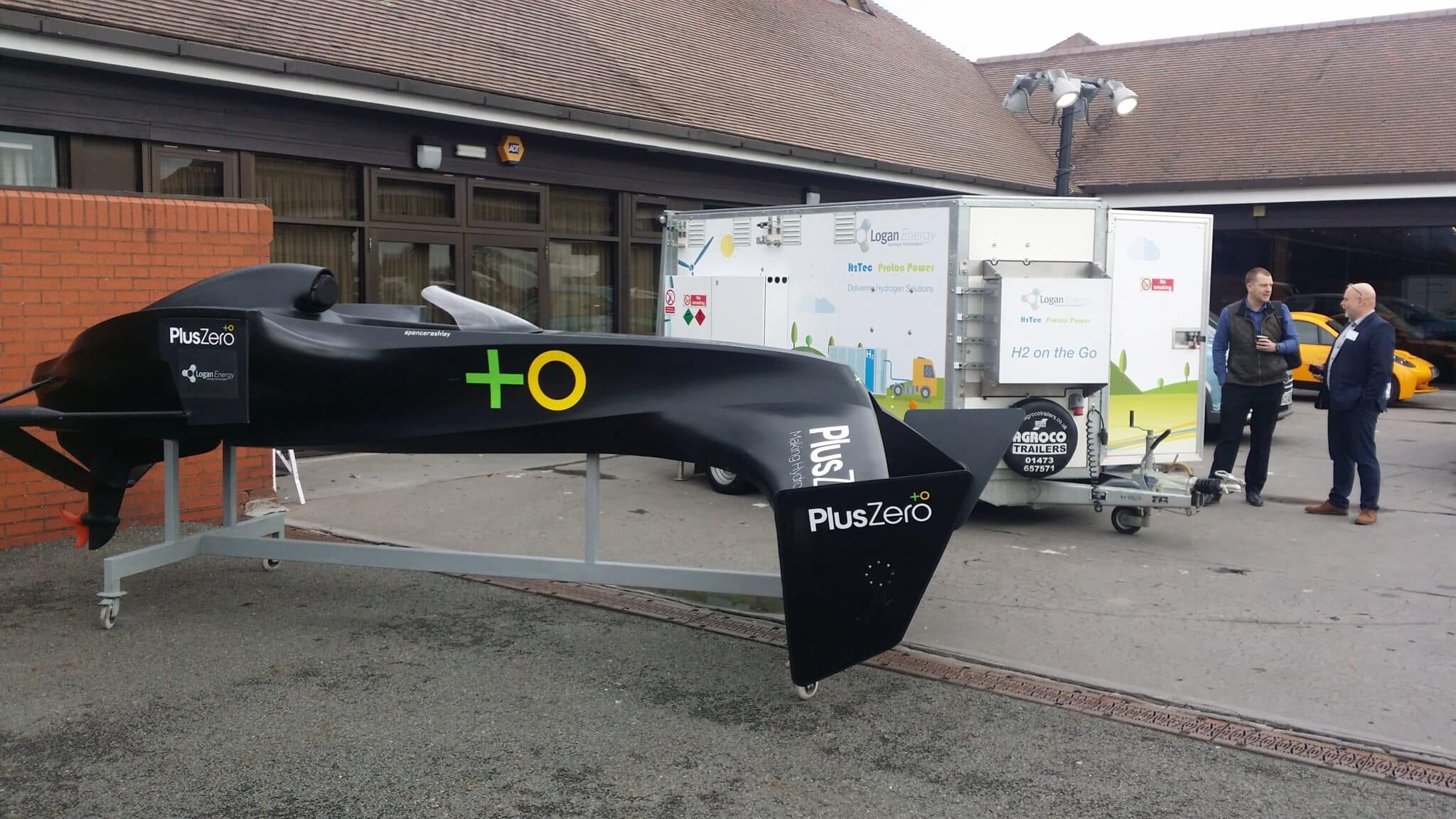
We are a Scottish consortium led by PlusZero, in collaboration with Forth Ports, Hydrogen Scotland and Waterwhelm, who are developing a green hydrogen shore power system at the Port of Leith as part of the Clean Maritime Demonstration Competition Round 4 (CMDC4). We have additional support from students of The University of Glasgow SRC Hydrogen Racing. PlusZero are proudly leading Team Scotland in order to showcase the best of Scottish hydrogen technology. We bring together leading Scottish innovators to demonstrate cutting edge hydrogen solutions from sustainable hydrogen production to storage and utilisation, a commitment to advancing clean, low-carbon technologies. The team highlights Scotland’s leadership in the global hydrogen economy, delivering practical, emission-free solutions and showcasing Scotland’s role in the transition to a sustainable, hydrogen-powered future.
The Vital Spark Hydrogen Hydrofoil project is an innovative Scottish collaboration led by PlusZero and Forth Ports, with support from Hydrogen Scotland. The project demonstrates key aspects of a cuttingedge hydrogen production and application initiative supported by the UK Government Department of Transport which is taking place at the Port of Leith in Edinburgh. Green hydrogen is being produced at the port to fuel a PlusZero Hydrogen Internal Combustion Engine (HICE) battery hybrid generator. This provides clean shore power to Forth Ports and Targe Towing tugboats, offering a carbon- and pollution-free alternative to diesel generators. The green hydrogen will also fuel a hydrogen-powered workboat undergoing testing by Forth Ports. The same advanced PlusZero HICE and battery hybrid technology powers the groundbreaking drivetrain of the Vital Spark Hydrogen Hydrofoil, showcasing Scotland’s leadership in sustainable hydrogen innovation.

TU Delft
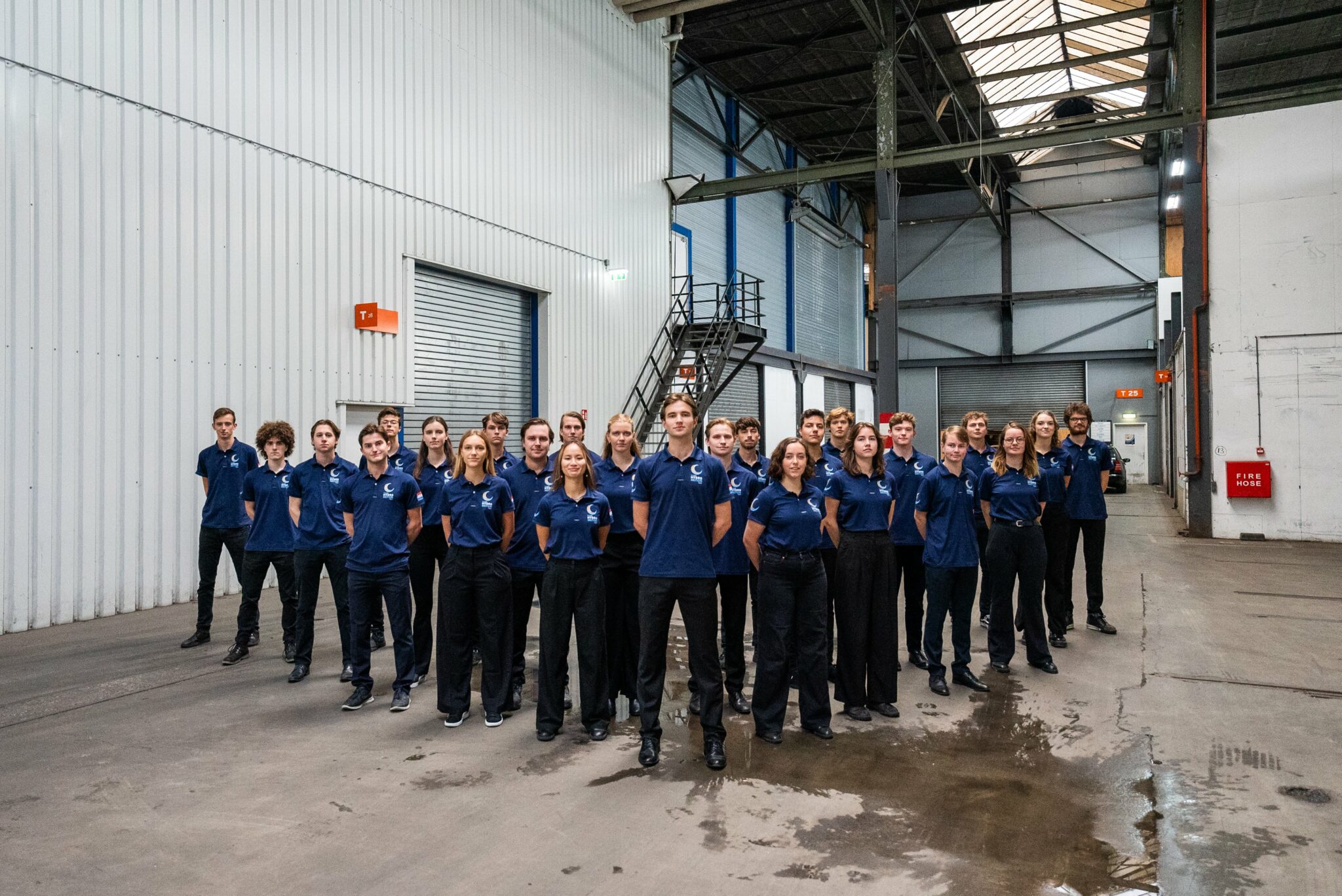
The Hydro Motion Team is a multidisciplinary student team from TU Delft dedicated to revolutionizing maritime technology. Each year, 25 students from various disciplines design, build, and race a sustainable, innovative boat powered by clean energy. The team combines engineering excellence with environmental responsibility, pushing the boundaries of maritime innovation. By developing cutting-edge technologies like hydrogen-powered systems, the Hydro Motion Team aims to inspire the maritime industry to transition toward a sustainable future.
This year, the Hydro Motion Team is taking on the challenge of designing, building, and racing a liquid hydrogen-powered foiling boat. The boat combines innovative hydrogen technology with cutting-edge hydrodynamics to achieve high efficiency and performance on water. With a 7-meter-long design and the integration of liquid hydrogen storage, the team aims to push the boundaries of sustainable maritime transportation. The innovation lies in utilising liquid hydrogen as a fuel source, requiring advanced cooling and insulation techniques to maintain cryogenic temperatures. Additionally, the boat’s foiling design minimises water resistance, allowing it to glide above the surface, drastically improving energy efficiency. By tackling these complex engineering challenges, the team not only prepares for a competitive race but also showcases the potential of liquid hydrogen as a viable alternative for the maritime industry.

Instituto Superior Técnico
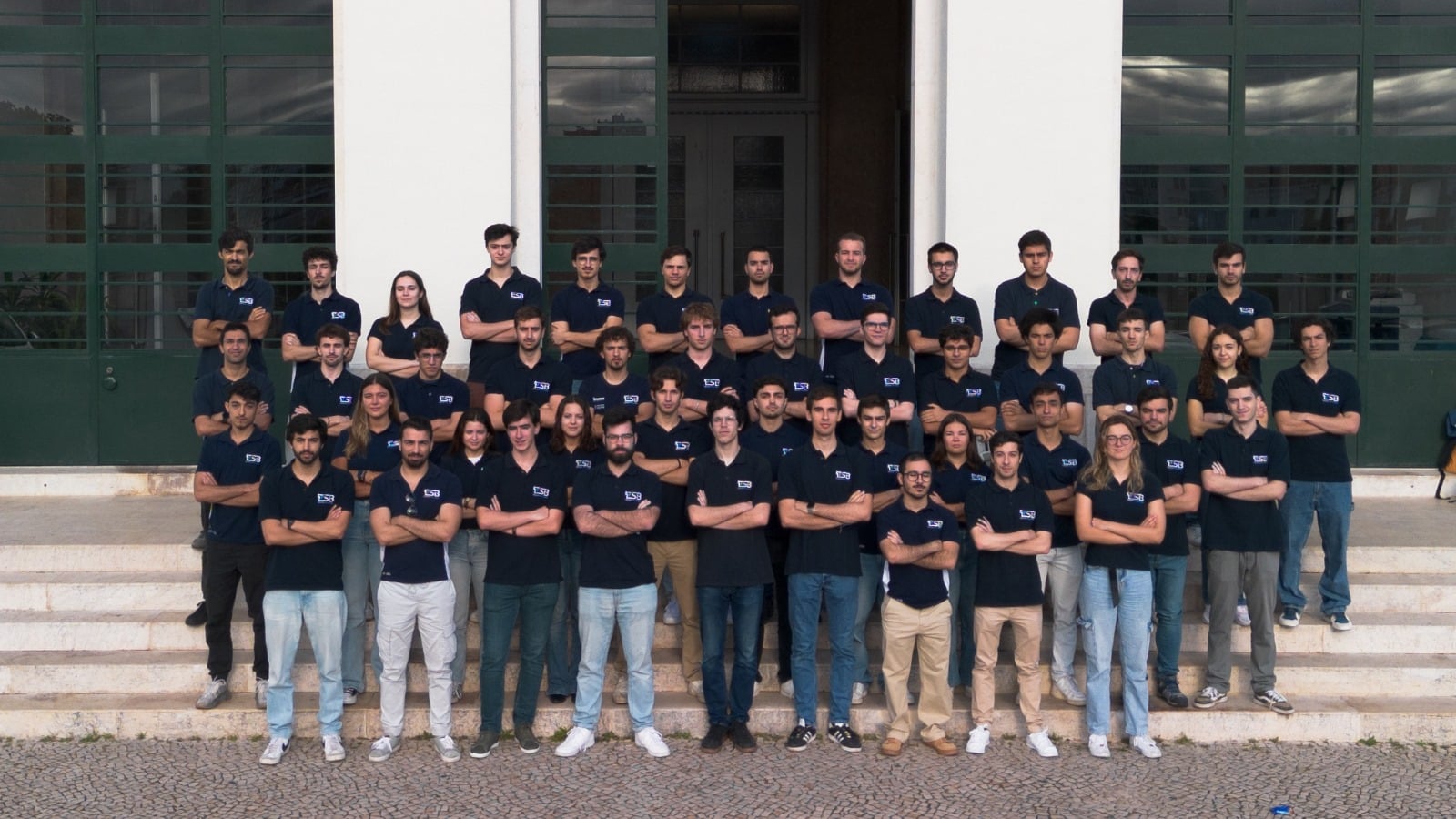
The Técnico Solar Boat is a university project composed of several students from Instituto Superior Técnico, skilled in various engineering courses, and specialized in the construction of competition vessels powered by renewable energies. Although the initial focus was solely on solar energy, the team has been expanding its portfolio, embracing Hydrogen as an alternative energy source and, more recently, also entering in the autonomous sector.